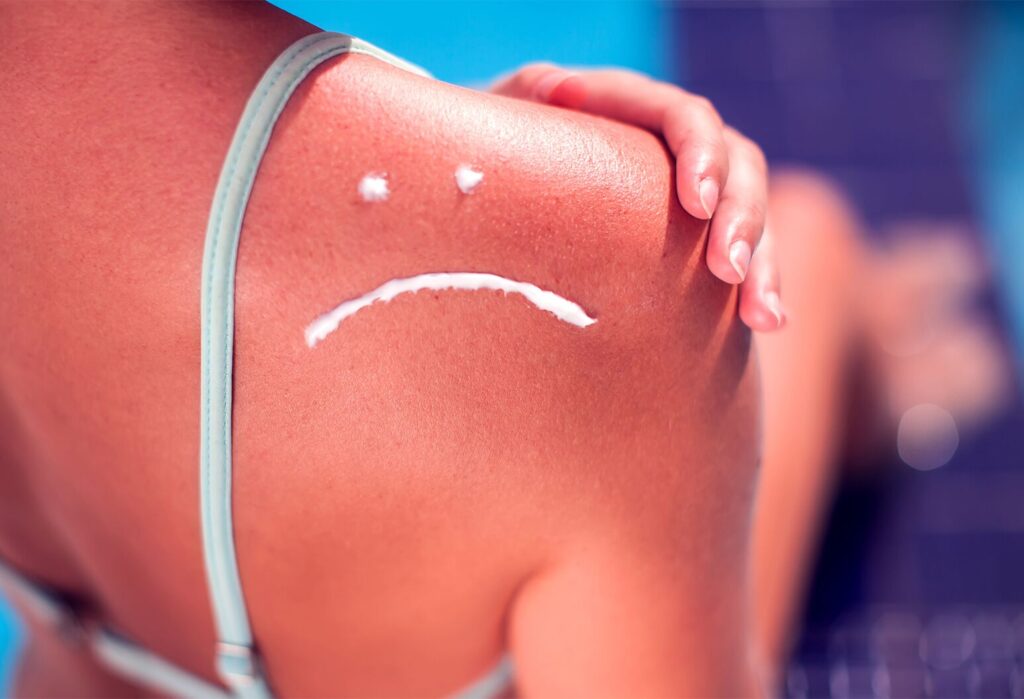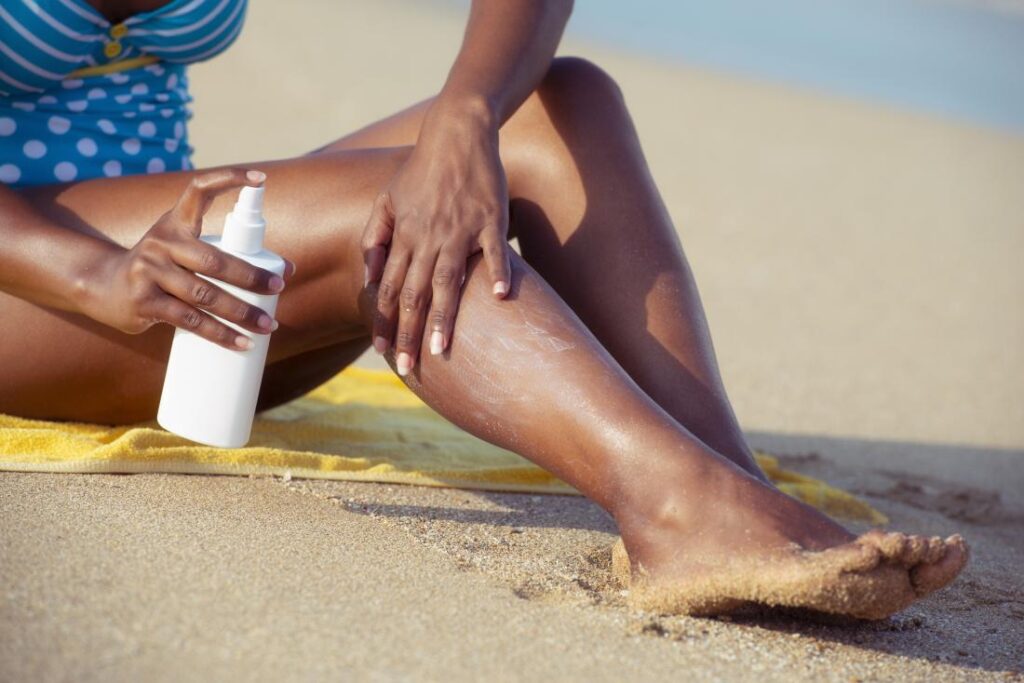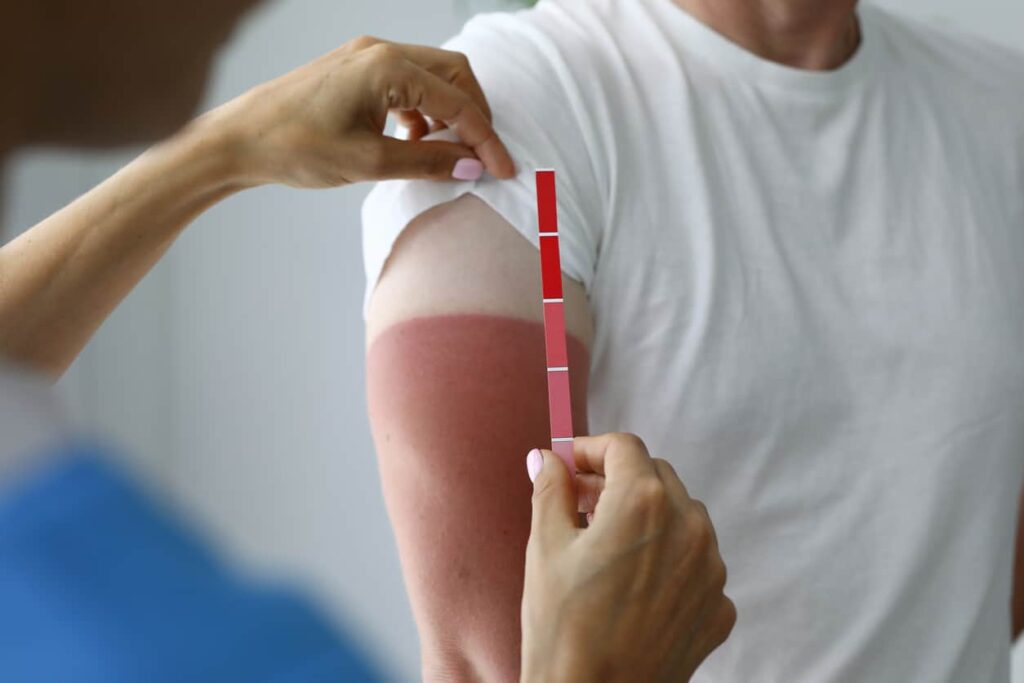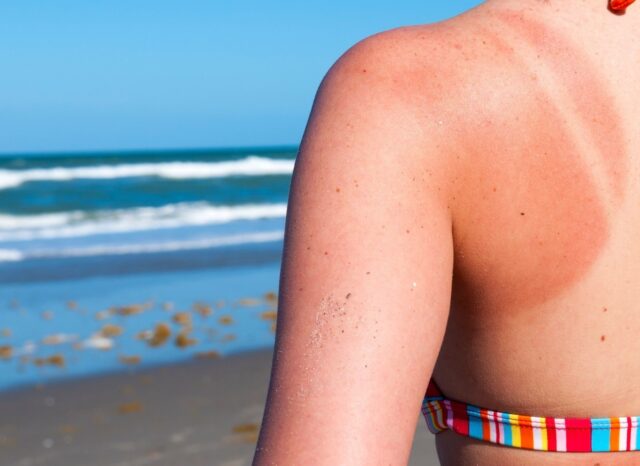With summer just around the corner, many of us are eagerly looking forward to spending more time outdoors, basking in the warm sunshine. However, while the sun’s rays provide us with much-needed vitamin D and a sense of well-being, it’s crucial to be aware of the potential dangers lurking behind that bright ball of fire. One such risk is sun poisoning, a condition that can turn a blissful day in the sun into a painful experience.
Sun poisoning, also known as severe sunburn or sun allergy, is an extreme reaction of the skin to overexposure to ultraviolet (UV) rays. It is important to note that sun poisoning is not actually a form of poisoning, but rather a severe sunburn. It occurs when the skin absorbs excessive amounts of UV radiation, primarily from the sun. The condition can also be triggered by artificial sources of UV radiation, such as tanning beds and sunlamps.
The symptoms of sun poisoning can range from mild to severe, depending on the individual’s sensitivity and the extent of exposure. Mild symptoms include redness, tenderness, and itching of the affected area. However, in more severe cases, symptoms can include blistering, swelling, nausea, headache, dizziness, and even fever. These symptoms typically appear within a few hours of exposure and can last for several days.

Now that we understand the risks associated with sun poisoning, let’s delve into some effective preventive measures to keep you safe under the sun.
– Seek shade: The easiest way to reduce your risk of sun poisoning is to seek shade, especially during the peak hours of sunlight, typically between 10 a.m. and 4 p.m. Find shelter under an umbrella, tree, or any other form of shade to minimize direct exposure to the sun’s rays.
– Wear protective clothing: When spending time outdoors, cover up with loose-fitting, lightweight clothing that provides proper coverage. Opt for long sleeves, pants, and a wide-brimmed hat to shield your skin from harmful UV radiation. Don’t forget to wear sunglasses with UV protection to safeguard your eyes.
– Apply sunscreen: Sunscreen is your best friend when it comes to protecting your skin from the sun. Choose a broad-spectrum sunscreen with a high SPF (Sun Protection Factor) and apply it generously to all exposed areas of your body. Reapply every two hours or more frequently if you’re sweating or swimming.

– Be mindful of medications: Some medications, such as certain antibiotics, diuretics, and acne treatments, can increase your skin’s sensitivity to sunlight. Read the labels or consult your healthcare provider to understand if any medications you are taking could potentially increase your risk of sunburn. Oral sunblock, also known as sun protection supplements, are designed to provide an additional defense against UV rays from within the body. These supplements typically contain antioxidants and vitamins that can help protect the skin from the harmful effects of UV radiation.
– Stay hydrated: Drinking plenty of water is crucial to maintaining your overall health, especially during hot and sunny days. Proper hydration helps your body cope with the heat and aids in preventing dehydration, which can exacerbate the effects of sunburn.
– Take breaks indoors: Spending long hours under the scorching sun without breaks can significantly increase your risk of sun poisoning. Schedule regular breaks indoors, where you can cool down and give your skin a break from direct sunlight.

While these preventive measures are essential, it’s important to remember that no method is foolproof. Remember, sunburns and sun poisoning can put a damper on your summer fun and have long-lasting consequences for your skin’s health. So, make sun protection a priority, and enjoy the warm weather responsibly. Take care of your skin, stay safe, and make the most of the sunny days ahead.




